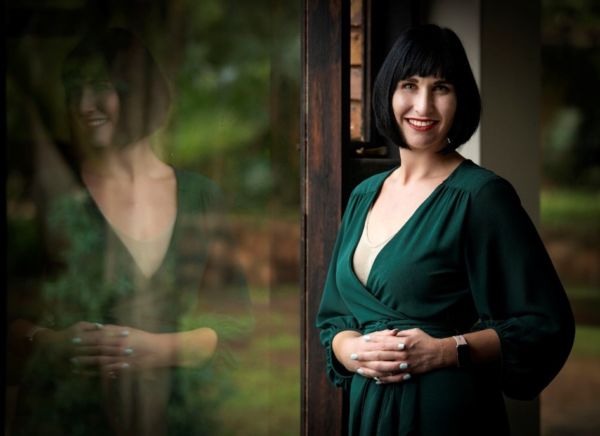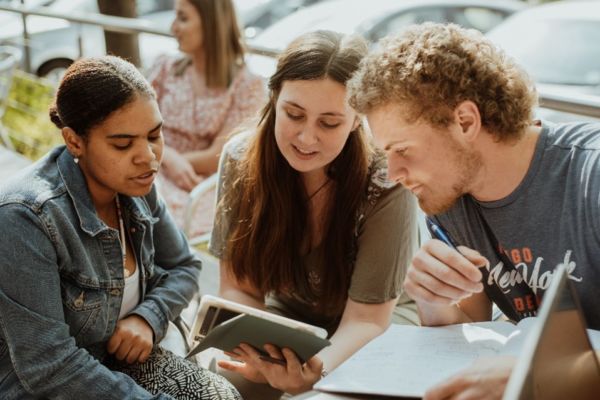Akademia celebrates the importance of mother tongue education on International Mother Language Day
Akademia celebrated International Mother Language Day with the whole world on 21 February. The purpose of this special day was to promote mother tongue education in a multilingual world. This year’s theme, “Multilingual education – a necessity to transform education”, once again emphasised the importance of mother tongue education, in so doing building multilingualism and diversity.
In terms of the United Nations Educational, Scientific and Cultural Organisation (Unesco) multilingual education means that instruction first takes place in the mother tongue and additional languages are then gradually added. This approach offers learners or students the opportunity to discover the educational environment in a familiar language which results in better learning and performance.
Mother tongue education, as well as being able to flourish in a multilingual environment, is of cardinal importance to Akademia as an Afrikaans higher education institution. “Our students receive quality instruction in their mother tongue and will also be able to apply their knowledge in a diverse, multilingual environment,” according to Dr. Annelise de Vries, lecturer in Education at Akademia, and also the chairperson of the Afrikaans Language Council.
She also laid emphasis on the importance of this year’s theme. She mentioned that multilingual education can take various forms; double medium, parallel medium, single medium and even by means of tranlanguaging. “Even so, the emphasis here is that more than one language is used for the very reason of offering learners (and even students) the opportunity to make optimal use of their mother tongue.”
She further mentioned that mother tongue and multilingualism go hand in hand, because it is indeed mother tongue instruction that makes multilingualism possible. “The success of learning a second or third language depends on how successfully you have mastered your mother tongue,” said De Vries. “Therefore the theme is extremely relevant, because successful, functional multilingual practices can be realised only if communities insist on the use of their different mother tongues.”
Afrikaans as a mother tongue of course holds various advantages, including intellectual benefits such as good language skills, as well as emotional development and even economic and social advantages. “Mother tongue instruction then leads towards building the nation: a multilingual nation draws advantage from diversity, as each language contributes to a shared future.”
Some of the statistics that indicate the advantages of mother tongue instruction, can be found in a study of the World Economic Forum (WEF). They indicate that a single-language education system is 8% cheaper than a multilingual system, but that the total costs of a six-year cycle without mother tongue instruction costs 27% more, due to repetition and high fall-out numbers.
The WEF also found that 80% of learners who write their matric final examination in their mother tongue, who have sufficient resources and classes of fewer than 30, can expect to pass. The number is halved if the examination is written in a second language, even if the other circumstances remain the same.
De Vries’s own experience is that creative thinking is more restricted in an additional language than in your mother tongue. “Your mother tongue unlocks a multitude of knowledge of present and previous generations. The fact that I had the opportunity to utilise Afrikaans from childhood up to higher education level as a language of instruction and learning, definitely held advantages for me, and even so, I can read, write and speak English very well.”
According to De Vries, Akademia is a real example of an institution that takes up and applies its language rights in order to make optimal use of and to extend the mother tongue of the community it is serving. “Not only does Akademia serve as an example for other language communities, but it also creates hope for other language communities in South Africa to establish cultural environments (including language) and still to keep in contact with the greater diverse context within which it is functioning,” she concluded.
If you are considering quality studies in Afrikaans, do not hesitate to visit Akademia’s web page for more information. Study applications for 2024 open on 3 April. Akademia – your Afrikaans study environment!




